The major product obtained from E2– elimination of 3-bromo-2-fluoropentane is :
CH3CH2CH=C−F
CH3CH2−Br∣CH−CH=CH2
CH3−CH2−C=C−CH3
CH3−CH=CH−F∣CH−CH3
To solve the problem of determining the major product obtained from the E2 elimination of 3-bromo-2-fluoropentane, we can follow these steps:
Step 1: Identify the Structure
First, we need to write the structure of 3-bromo-2-fluoropentane. The structure can be represented as follows:
- Pentane has a five-carbon chain.
- Bromine (Br) is attached to the third carbon.
- Fluorine (F) is attached to the second carbon.
The structure can be drawn as:
F|CH3−CH−CH−CH2−CH3|Br
Step 2: Understand E2 Mechanism
In an E2 elimination reaction, a strong base abstracts a β-hydrogen while a leaving group (in this case, Br) departs simultaneously, forming a double bond.
Step 3: Identify the Leaving Group
In this molecule, we have two halogens: Br and F. In E2 reactions, the better leaving group will leave first. Between Br and F, bromine (Br) is the better leaving group because it is larger and more stable as a negative ion (Br⁻).
Step 4: Identify β-Hydrogens
Next, we need to identify the β-hydrogens that can be abstracted. The β-hydrogens are those attached to the carbons adjacent to the carbon bearing the leaving group (Br). In our structure:
- The β-carbons are the second and fourth carbons.
- The β-hydrogens are on the second carbon (attached to F) and the fourth carbon.
Step 5: Elimination Process
Using a strong base (like KOH), the base will abstract a β-hydrogen. Since the fluorine is an electronegative atom and is an activating group, it will not stabilize the negative charge well. Therefore, the base will abstract the hydrogen from the fourth carbon (as it is more favorable).
Step 6: Form the Double Bond
As the β-hydrogen is abstracted, a double bond forms between the third and fourth carbons, while Br leaves as Br⁻. The final product will have a double bond between the third and fourth carbons.
Step 7: Write the Final Product
The final product can be written as:
F∣CH3−CH=CH−CH2−CH3
This corresponds to 2-fluoropent-3-ene.
Conclusion
The major product obtained from the E2 elimination of 3-bromo-2-fluoropentane is 2-fluoropent-3-ene.
First, we need to write the structure of 3-bromo-2-fluoropentane. The structure can be represented as follows:
- Bromine (Br) is attached to the third carbon.
- Fluorine (F) is attached to the second carbon.
F|CH3−CH−CH−CH2−CH3|Br
In an E2 elimination reaction, a strong base abstracts a β-hydrogen while a leaving group (in this case, Br) departs simultaneously, forming a double bond.
In this molecule, we have two halogens: Br and F. In E2 reactions, the better leaving group will leave first. Between Br and F, bromine (Br) is the better leaving group because it is larger and more stable as a negative ion (Br⁻).
Next, we need to identify the β-hydrogens that can be abstracted. The β-hydrogens are those attached to the carbons adjacent to the carbon bearing the leaving group (Br). In our structure:
- The β-carbons are the second and fourth carbons.
- The β-hydrogens are on the second carbon (attached to F) and the fourth carbon.
Using a strong base (like KOH), the base will abstract a β-hydrogen. Since the fluorine is an electronegative atom and is an activating group, it will not stabilize the negative charge well. Therefore, the base will abstract the hydrogen from the fourth carbon (as it is more favorable).
As the β-hydrogen is abstracted, a double bond forms between the third and fourth carbons, while Br leaves as Br⁻. The final product will have a double bond between the third and fourth carbons.
The final product can be written as:
F∣CH3−CH=CH−CH2−CH3
This corresponds to 2-fluoropent-3-ene.
The major product obtained from the E2 elimination of 3-bromo-2-fluoropentane is 2-fluoropent-3-ene.
Topper's Solved these Questions
Similar Questions
Knowledge Check
- Question 1 - Select One
The major product obtained in the reaction
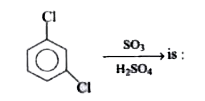 A
A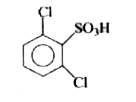 B
B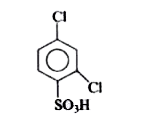 C
C D
D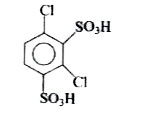
The major product obtained in the given reaction is :
 View Solution
View SolutionThe major product obtained in the reaction is
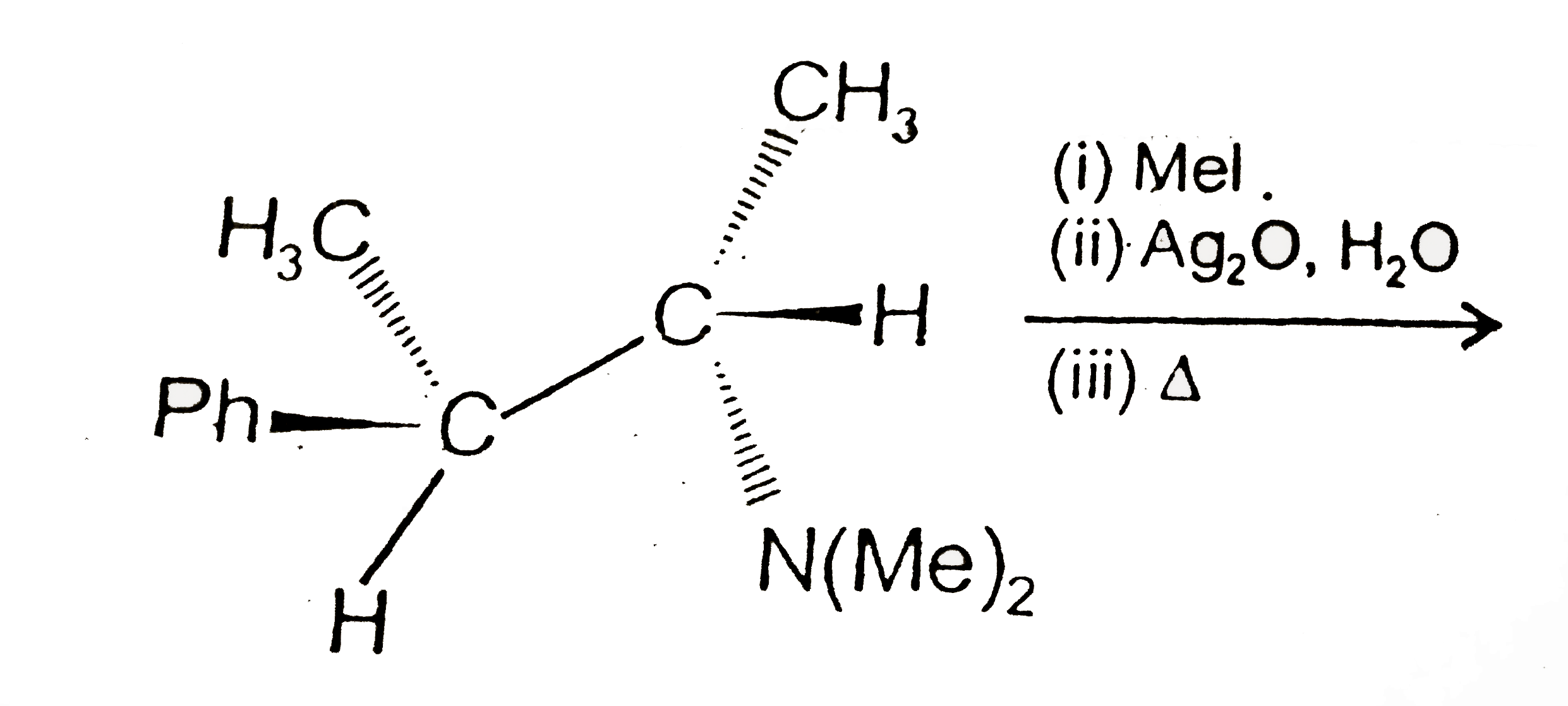 View Solution
View SolutionThe major product obtained in the following reaction is
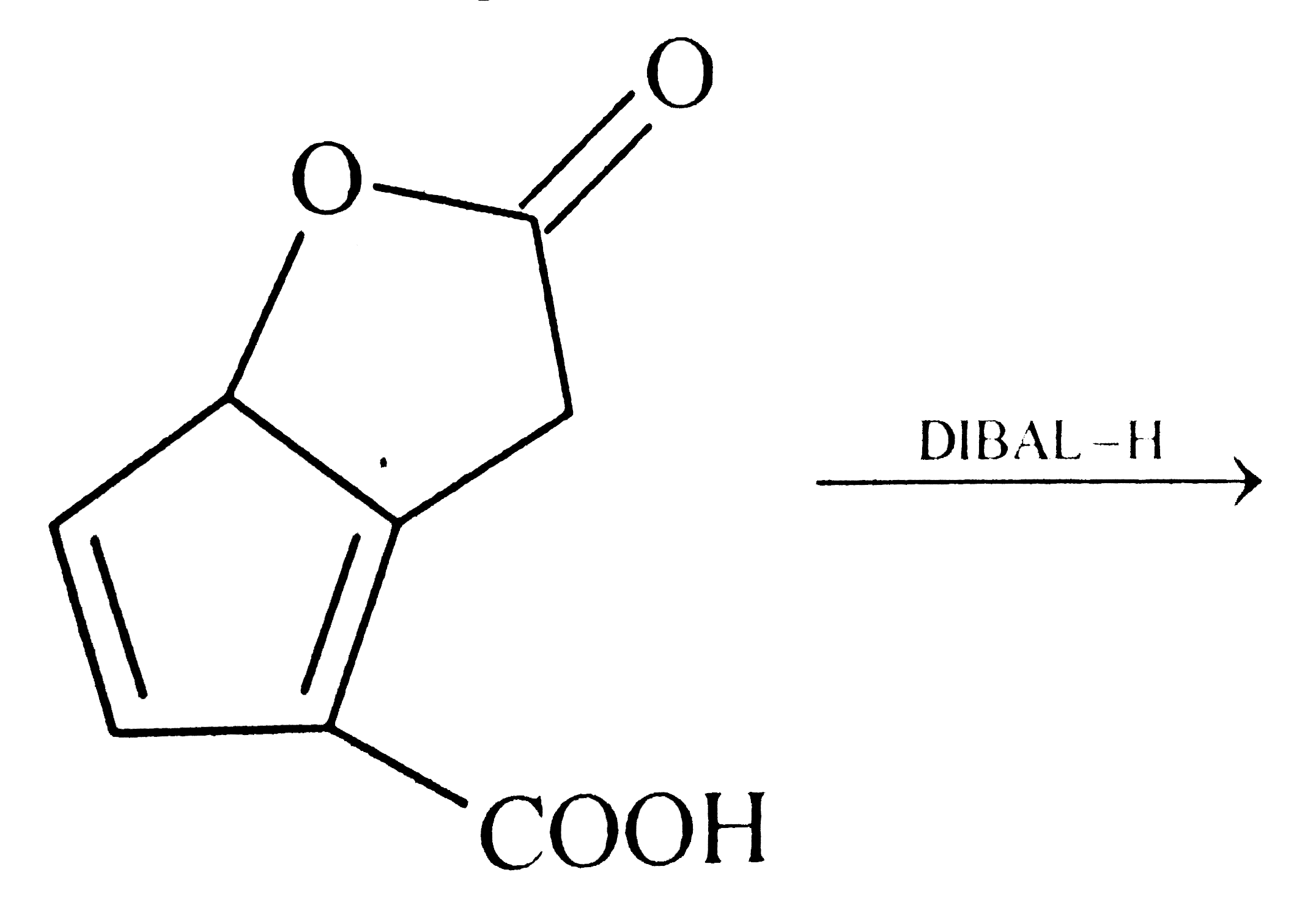 View Solution
View SolutionThe major product obtained in the given reaction is:
 View Solution
View SolutionThe major product obtained in the following reaction is
 View Solution
View SolutionThe major product obtained in the following reaction is
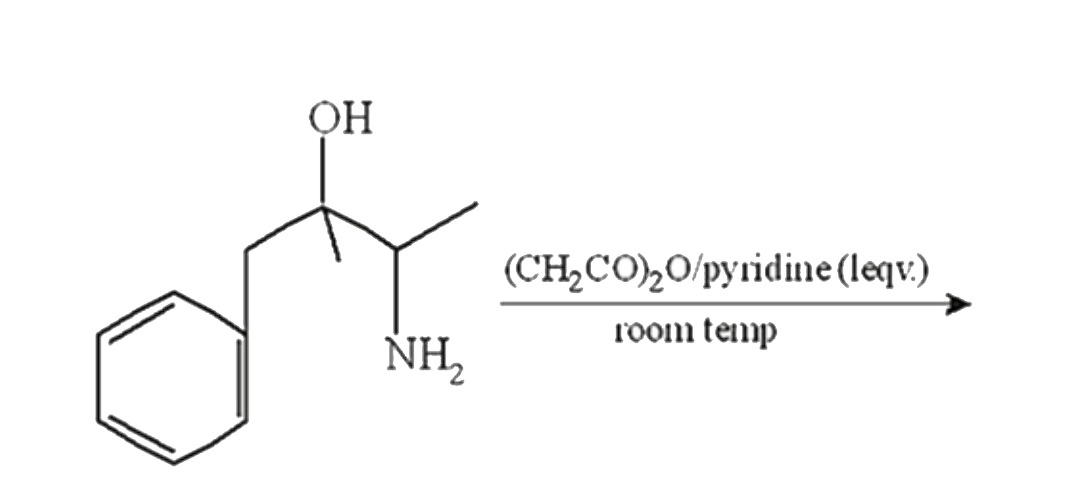 View Solution
View SolutionThe major product obtained in the following reaction is:
 View Solution
View Solution


 . The major product obtained is
. The major product obtained is 